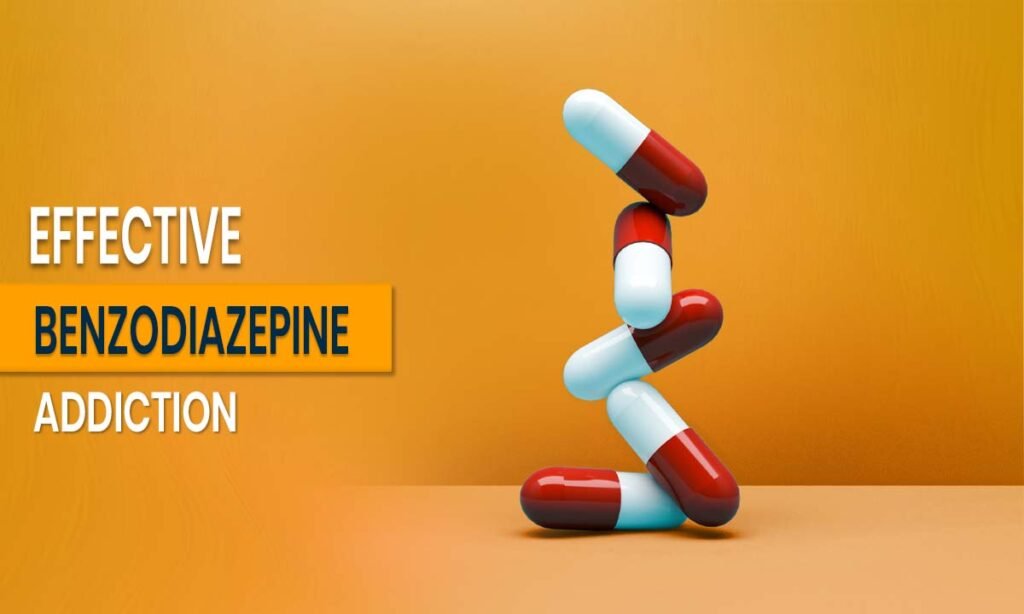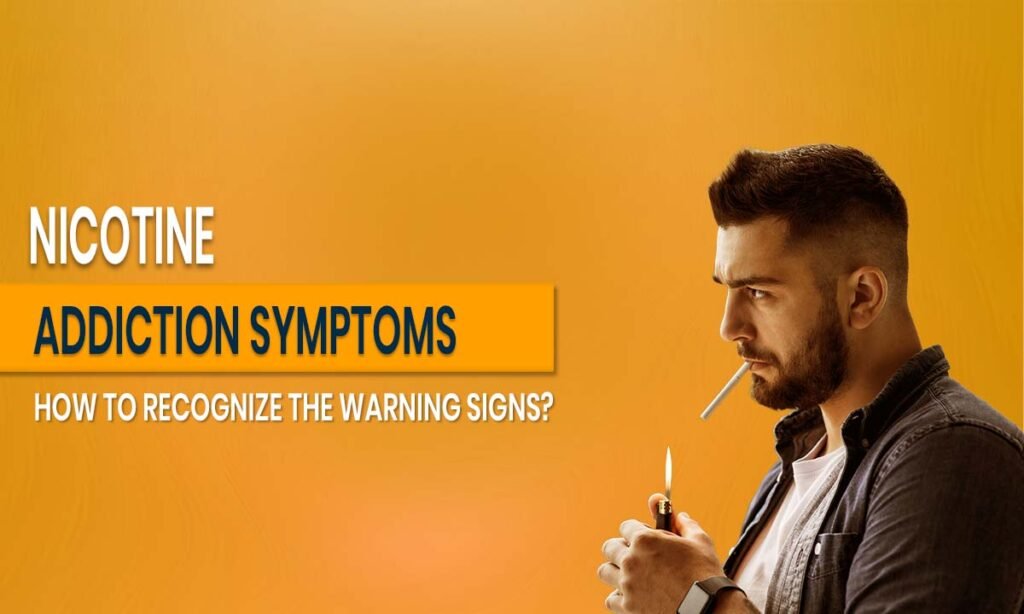
Understanding Food Addiction
Food addiction is a real and often misunderstood struggle. It’s not just about overindulging in unhealthy food occasionally—it’s a deeper, more persistent craving that can take control of your life. The physical and emotional pull of food addiction can lead to feelings of guilt, shame, and a lack of control. If you find yourself eating when you’re not hungry, craving specific foods at certain times, or simply unable to stop even when you’re full, then this article is for you.
So today, read this article till the very end because today we are going to give you some great information on how to overcome food addiction, including practical tips and strategies that you can start using right away to regain control of your health and well-being.
Food addiction recovery is possible, and we’re here to guide you through the steps, along with insights on eating disorder recovery and addiction treatment for food.
What Are the Signs of Food Addiction?
Before diving into how to overcome food addiction, it’s essential to first understand the signs. Food addiction doesn’t just manifest as a love for tasty snacks or indulgent meals. It can present itself in various ways:
- Craving Specific Foods: You may find yourself craving sugary, salty, or fatty foods, even when you’re not hungry.
- Loss of Control: Even though you want to stop eating or know that you should stop, you find yourself continuing to eat.
- Emotional Eating: Eating when stressed, anxious, or bored can be a sign of food addiction.
- Guilt and Shame: After overeating, you may experience negative emotions like guilt or shame.
- Physical Dependence: Just like other addictions, your body can start to crave the feel-good chemicals (like dopamine) that food provides.
Recognizing these food addiction signs is the first step toward taking control of your health.
How to Overcome Food Addiction: Practical Tips
1. Recognize the Root Causes
Overcoming food addiction starts with understanding why you crave certain foods. Emotional triggers, stress, and past experiences with food can play a significant role in addiction. Once you recognize the underlying reasons, it becomes easier to address the root cause. Ask yourself: Are you eating because you’re stressed, sad, or bored? Once you identify the triggers, you can take steps to manage them.
2. Set Realistic Goals for Recovery
Food addiction recovery is a journey, not a race. Set small, achievable goals that you can gradually work toward. Start by eliminating one trigger food at a time, or perhaps reduce the frequency of indulgent meals. Over time, these small victories add up to significant change.
3. Change Your Environment
One of the best ways to overcome food addiction is to change your environment. Get rid of junk food in your house, and stock up on healthier options like fruits, vegetables, and whole grains. When you’re not surrounded by temptation, it becomes easier to make healthier choices.
4. Practice Mindful Eating
Mindful eating involves paying attention to the food you’re consuming, savoring each bite, and listening to your body’s hunger and fullness cues. This approach helps you become more aware of your eating habits and prevents you from overeating.
5. Seek Support
Addiction treatment for food often requires outside support. Whether it’s a professional therapist, support group, or family members, having a strong support system can make a world of difference in your recovery journey.
6. Find Healthy Alternatives
Instead of reaching for that sugary snack, try healthier alternatives that satisfy your cravings without the harmful effects. For example, swap out chocolate bars for fruit, or try nuts and seeds as a satisfying snack. You can also look into healthier ways to prepare your favorite meals—smaller portions or better ingredients.
7. Get Active
Exercise is not only good for your body but also for your mind. Regular physical activity can help reduce cravings and improve your mood. Whether it’s a daily walk, yoga, or an intense workout, exercise can be a powerful tool in your food addiction recovery.
8. Be Kind to Yourself
Recovery from any addiction takes time and patience. There will be setbacks, but it’s important not to be too hard on yourself. Celebrate the small wins, and remember that every step toward recovery is progress.
Why Athena Luxus Is Your Partner in Food Addiction Recovery
If you’re struggling to overcome food addiction, a rehabilitation center like Athena Luxus can offer the guidance and support you need. Our center specializes in food addiction recovery and eating disorder recovery, providing a compassionate and comprehensive approach to healing.
At Athena Luxus, we understand the complexities of addiction treatment for food, and our expert team is here to support you every step of the way. If you’ve tried to tackle your food addiction alone without success, it’s time to get the help you deserve. The sooner you reach out, the sooner you can take back control of your life.
Patient Experiences at Athena Luxus
- Ravi Sharma (28): “I never thought I could overcome my emotional eating. Athena Luxus gave me the tools and support I needed to turn my life around. The team was so understanding and helped me every step of the way.”
- Neha Verma (35): “I struggled with binge eating for years. After joining Athena Luxus, I learned how to manage my cravings and live a balanced life. Their approach truly works!”
- Suresh Patel (42): “Food addiction had taken control of my life. Athena Luxus helped me regain control with their personalized care and ongoing support. I feel stronger than ever.”
- Priya Singh (30): “Thanks to Athena Luxus, I’ve learned how to deal with my food triggers and emotions in healthier ways. This rehab center is a game-changer!”
Conclusion: Take the First Step Toward Healing
If you’re struggling with food addiction, don’t panic. Athena Luxus is here to help you on your journey toward recovery. We offer personalized addiction treatment for food and support for eating disorder recovery.
If you’re ready to make a change and start your recovery journey, contact us or visit our website to book an appointment. We believe in your potential to heal, and we are here to help every step of the way.
If you have any questions or need further information, don’t hesitate to get in touch. We’re just a call away at +91 9718921212.
Frequently Asked Questions (FAQs)
-
What are the first signs of food addiction?
Food addiction signs can include cravings for specific foods, eating when you’re not hungry, and feeling unable to stop eating even when full.
-
How long does food addiction recovery take?
Recovery is different for everyone, but with the right support and mindset, most people begin to see progress within a few months.
-
Can food addiction be treated without therapy?
While self-help strategies like mindful eating and setting goals can help, professional therapy is often crucial for overcoming food addiction.
-
What should I do if I relapse?
Don’t be discouraged. Relapse is part of the process. Reach out to your support system, re-evaluate your goals, and continue working towards recovery.
-
How can I manage emotional eating?
Identifying emotional triggers and finding healthier coping mechanisms, such as journaling or exercising, can help manage emotional eating.

